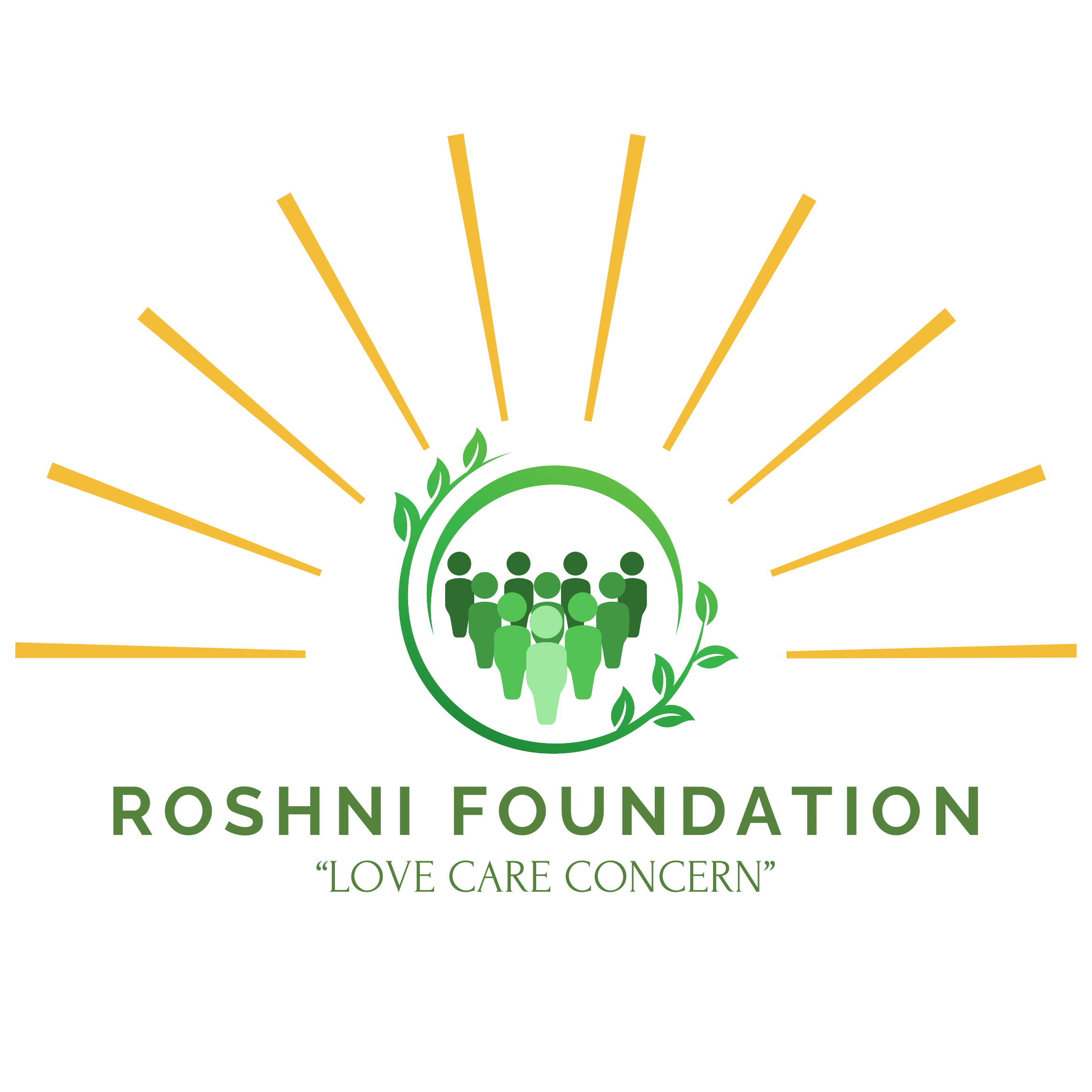Overcoming addiction requires more than willpower—it demands structured support, emotional healing, and a sense of connection. Among the various methods used in rehabilitation programs, group therapy addiction recovery has proven to be one of the most effective tools for sustained sobriety. It empowers individuals to learn, share, and grow together through collective healing.
At Roshni Foundation, widely recognized as one of India’s best rehab centre options, we place strong emphasis on group therapy. This therapeutic format allows recovering individuals to open up, relate to others, and build a support system that lasts well beyond the rehab phase.
In this article, we explore why group therapy addiction recovery is so powerful—and how it transforms lives.
What Is Group Therapy in Addiction Recovery?
Group therapy is a structured setting where individuals recovering from addiction meet under the guidance of a qualified therapist or counselor. It typically involves:
-
Sharing personal experiences
-
Listening to others’ stories
-
Learning coping mechanisms
-
Receiving group feedback
-
Practicing communication and accountability
Unlike individual therapy, group therapy addiction recovery creates a shared environment that fosters empathy and understanding.

Why Group Therapy Works for Addiction
Addiction often thrives in secrecy and isolation. Group therapy breaks that pattern by creating a safe space for honesty, vulnerability, and growth.
The group therapy addiction recovery approach benefits participants by:
-
Reducing feelings of shame and guilt
-
Reinforcing that they’re not alone
-
Teaching accountability
-
Encouraging peer motivation
-
Offering real-life feedback and insight
Group therapy becomes a mirror where individuals see parts of their own struggle reflected in others—and this leads to powerful breakthroughs.
Key Benefits of Group Therapy in Addiction Recovery
Let’s dive into the primary reasons why group therapy addiction recovery is vital in any effective rehab program:
1. Peer Support and Validation
One of the most profound benefits is the sense of belonging. Many recovering addicts believe no one understands their struggle—until they hear someone else share the same story. Group therapy offers mutual validation and emotional safety.
2. Learning from Others’ Experiences
Every group session becomes a learning opportunity. Hearing how others cope with cravings, triggers, and stress can offer practical tools to apply in your own life.
This is a central principle of group therapy addiction recovery—healing through shared knowledge.
3. Building Communication Skills
Addiction often hinders interpersonal skills. Group therapy teaches participants how to express feelings, listen actively, and give or receive constructive feedback—all crucial for rebuilding relationships.
4. Reduced Isolation
Loneliness is a major relapse trigger. Group therapy reduces the risk of relapse by keeping individuals connected to a recovery community. The sessions act as a reminder: you are never alone in this journey.
5. Accountability and Motivation
When participants commit to being present and honest, they inspire each other to stay sober. Weekly progress checks, goal-sharing, and mutual encouragement form the core of group therapy addiction recovery.
6. Emotional Resilience and Confidence
As individuals share and grow, they gain confidence in their voice and story. This boosts self-worth—essential for long-term recovery.
7. Safe Environment for Self-Reflection
Group therapy sessions are a non-judgmental space where recovering individuals can explore deep-seated emotions, unresolved trauma, and inner conflicts with support and understanding.
Group Therapy at the Best Rehab Centres
The best rehab centre programs in India—including Roshni Foundation—integrate group therapy alongside individual counseling, detox, and holistic healing.
At Roshni Foundation, group sessions are:
-
Facilitated by trained addiction specialists
-
Categorized by age, addiction type, or gender when needed
-
Conducted in a safe, confidential environment
-
Available in both residential and outpatient formats
We also offer family-inclusive group therapy, which allows families to heal together and understand how to support their loved one.

Types of Group Therapy in Addiction Recovery
There isn’t a one-size-fits-all model. Various formats exist under the umbrella of group therapy addiction recovery, including:
-
Psychoeducational groups – Focused on addiction education and coping strategies
-
Skill-building groups – Teaching practical skills for sober living
-
Support groups – Peer-led or therapist-led emotional support groups
-
Cognitive Behavioral Therapy (CBT) groups – Targeting distorted thinking patterns
-
Family therapy groups – Involving family members for joint recovery
Each type serves a different purpose, and often, multiple types are used in one rehab program.

Outdated Reference for Context
Archived SAMHSA Guide on Group Therapy – 2005
Although this guide is dated, it lays a foundational understanding of how group therapy models in addiction recovery were structured and evolved into what we use today.
Common Myths About Group Therapy
Some individuals are hesitant about joining group therapy. Let’s bust a few myths:
-
“I have to share everything.” — You control how much you share.
-
“Group therapy is confrontational.” — In reality, it’s guided, respectful, and supportive.
-
“It’s not effective as one-on-one therapy.” — Research shows that a combination of both is most successful.
Conclusion
Group therapy addiction recovery is not just about talking—it’s about listening, connecting, and healing together. While detox and medication can treat the physical aspects of addiction, true transformation happens through shared human experience.
At Roshni Foundation, our commitment to personalized, holistic recovery includes expertly facilitated group therapy sessions that empower individuals to stay sober and thrive. As one of the best rehab centre choices in India, we believe that healing in a group leads to strength, empathy, and lasting change.

